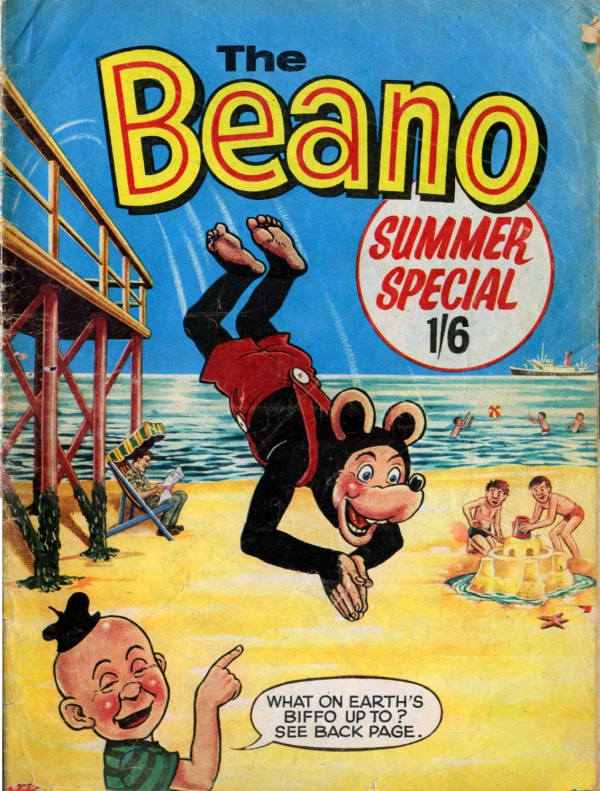Well, we’ve been pretty quiet around this blog what with moving to Berlin and all. However we have been pretty busy behind the scenes, with Ana continuing to push the boundaries of governmental social media use and I’ve been mainly occupied with the ChokePoint Project. So I’m proud to show something at last from what I’ve been up to (cross-posted from CPP):
Finally, a release!
Above is a screenshot of our first, very beta release of euhackathon.chokepointproject.net
It was put together for the 1st EUhackathon held in Brussels on November 8th & 9th 2011. It’s a prototype, a proof of concept. Here’s the ‘About’ from the release site:
What we did:
We built this test version of a planned larger platform using broadband statistics provided by Measurement Lab (M-Lab) and the Transparency Reports published by Google. The former contains continuous information about the Internet speed at various locations in the world. By analyzing this data, we can estimate the Internet connectivity status for the countries and cities covered by the data.
Our main aim has been working to build a platform to give people a tool to know what’s happening in their country now and over the historical period, augmented with information on law and lobbying activities. We created a branch of our application for the hackathon and this is the result of 1,5 days work.
Some use of dummy data:
The landing page of this example app is displaying dummy data for the current incidents listed under the map. It’s there to give you an idea of what this application could become. Obviously getting radar jamming data is a completely different from monitoring internet traffic.
We need more data:
If you know of relevant data sets either historical or dynamic that you think would benefit this project, please let us know. Real-time, yes, we know that will kinda of important, don’t you think?
Team for the hackday: Chris Pinchen, Ruben Bloemgarten, James Burke, Simon Funke, Florian Rathgeber, Javier Arturo Rodríguez
Release notes
This release has two objectives: to visualise the M-Lab & Google Transparency data and to show what we are working towards with the ChokePoint Project.
Drilling down
On opening euhackathon.chokepointproject.net the visitor will see the map with clickable red “incident” indicators, a link to info about the country they are viewing from, and dummy data for the current incidents listed under the map (see the image above). Clicking on the “What’s the state of the Internet in (viewers country)?” or the red indicators on the map will open a page for that place.
The page by default opens with the Transparency data visible. Clicking the pointer next to each incident will reveal more information about that incident. Clicking on the pointer next to the Connectivy Status category will open a drop down where the M-Lab data can be explored.






